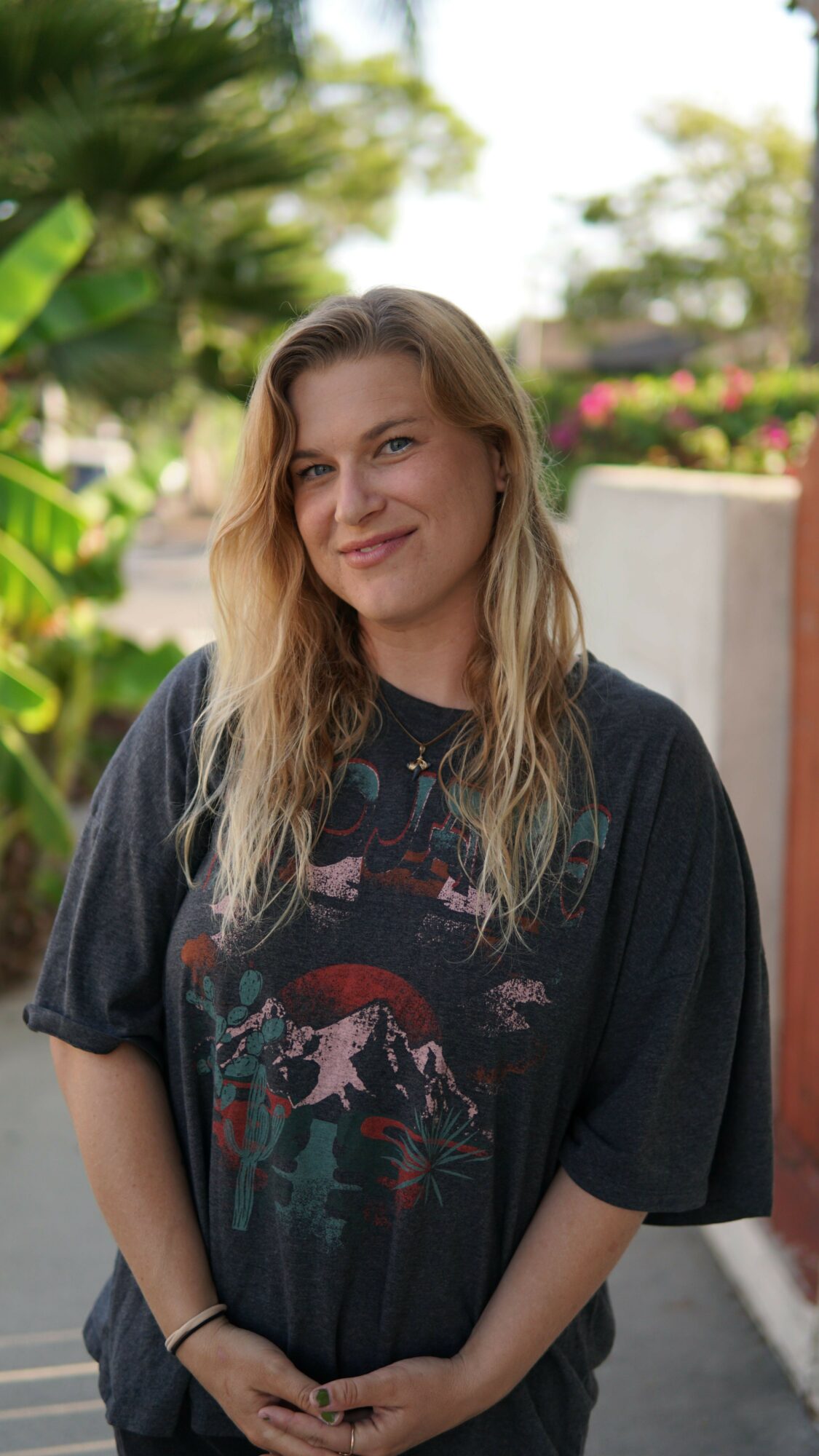

Today we’d like to introduce you to Chestina Craig
Chestina, we appreciate you taking the time to share your story with us today. Where does your story begin?
I am a marine scientist, with a deep love for the ocean and a desire to continue to ask interesting scientific questions and spend my life learning new things through research. Something I think many individuals external to the sciences don’t always realize, is the amount of creativity that is involved in the scientific process. You need to be able to ask novel questions and often come up with unique solutions to problems you encounter in the laboratory or out in the field. I have always also been a creative person, when I was in middle school, I wanted to be a fashion designer, not a biologist. I cannot think of a time in my life where I did not have a creative hobby. In elementary school it was jewelry making, high school it was (and still is) knitting, and in college I wrote an ungodly amount of poetry. The further I got in my scientific career the more I noticed how many other scientists also had artistic pursuits. This is what led me to create Mutualisms, I wanted to showcase the diversity of scientists and highlight the ways that artistic endeavors can benefit us in our professional lives, as many skills can translate between the disciplines. A mutualism is an ecological interaction where both parties benefit from each other, and therefore I chose the name Mutualisms to drive home the idea that when science and art are pursued simultaneously there is a benefit.
I’m sure it wasn’t obstacle-free, but would you say the journey has been fairly smooth so far?
If we are speaking generally about my career, which feels intwined in the podcast since the podcast is a science podcast, it certainly has not. In working to find a laboratory and advisor for my master’s degree I faced lots of rejection. It’s been a long road and I constantly feel behind. However, I do not feel like this is a particularly unique experience, it seems to be one of the unfortunate facts of life. Lately I have been trying to meditate on the idea that time is never been wasted if you have been learning and having fun, and I feel grateful to say that even if my path to my dream career has felt long, it has always feel fulfilling, fun, and involved so much learning.
When speaking specifically about the podcast, I do I think I had this delusional hope that it would get big quickly. It did not, but I think even if no one was listening I would still want to continue this project. I have had the privilege of having some of the most thought provoking conversations with many different people, and I am proud of what I have been able to produce. Marketing the show and self promotion have proved to be difficult as well as a single person team.
Thanks – so what else should our readers know about your work and what you’re currently focused on?
I studied shark stress physiology while working on my master’s degree, essentially, I used changes in their blood during capture events to understand how that event was affecting them internally. I used the collected blood to also try to understand if different lesser studied chemicals were changing during stress or not. Writing my masters thesis was one of the most isolating and challenging experiences of my life and in reflecting, I am quite proud of what I was able to complete and accomplish within the challenges of my masters program.
Earlier this year I worked as a biology professor teaching a college marine biology course. I approached the course the same way I approach the podcast, with a desire to show others that science is not rigid and scary, but instead is an ever changing and flowing discipline. I really wanted to highlight to my students that science, while based off of scientific laws and theories, still involves a lot of creativity and critical thinking. Being good at science does not simply involve the memorization of facts and I wanted them to learn that.
Now I currently work as a scientific diver conducting kelp forest surveys and assisting on other various research projects. When not working I focus on my art projects and working on the podcast. I really hope to continue into a career where I can be involved in both teaching at the college level and scientific research. I plan to continue to be involved in artistic endeavors and continue to preach about how overlapping science and art is. It would be a life dream of mine to start an outreach organization that works to highlight the cross-pollination between creative thinking and scientific thinking.
Can you talk to us about how you think about risk?
Creating and putting out a podcast is not necessarily the riskiest project, there is very little financial, career, or bodily risk involved. There is, however, a small emotional risk, to put time, effort and love into something that has deep meaning to you, and then put it out into the world in the hope that others will feel the same, is difficult. I, however, have always been someone who just chooses to ultimately just go for it, and I decided that the worst that would happen is no one listens, and would that really have that great of an effect on my life? I would have had some great conversations with friends and then could move along and try something else. But I have gotten good feedback from listeners, and intend to continue the project until I run out of guests, which I don’t see happening any time soon, there are so many scientists with a passion for the arts.
Contact Info:
- Website: https://open.spotify.com/show/2mbQYsRWQn1VofQIXHzHWY
- Instagram: https://www.instagram.com/mutualismspod/


















